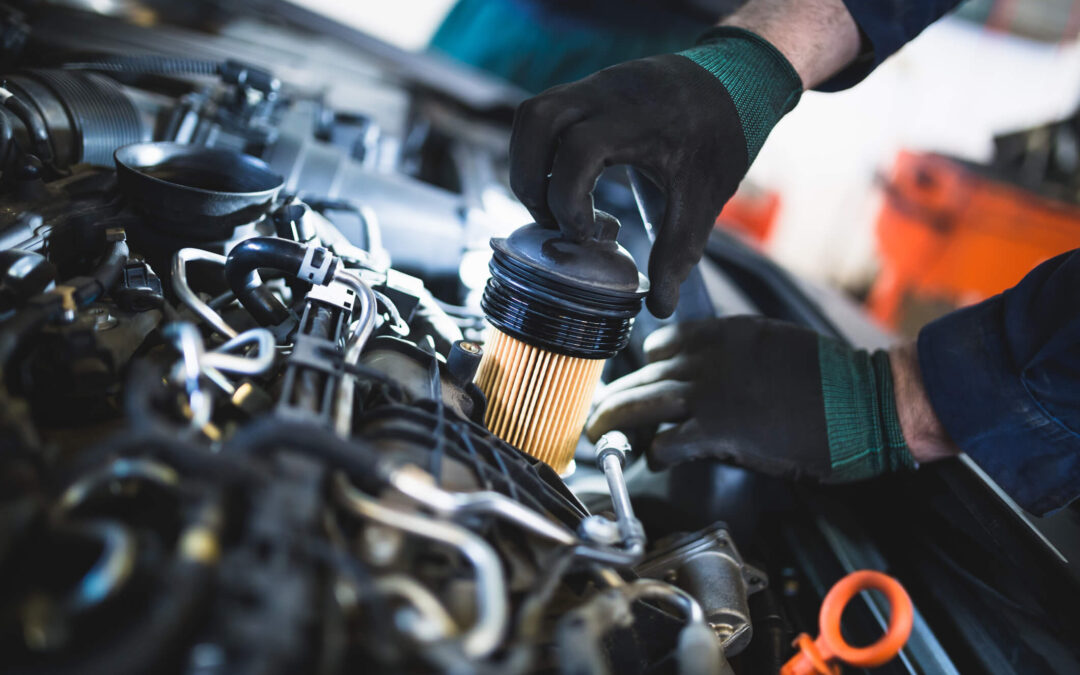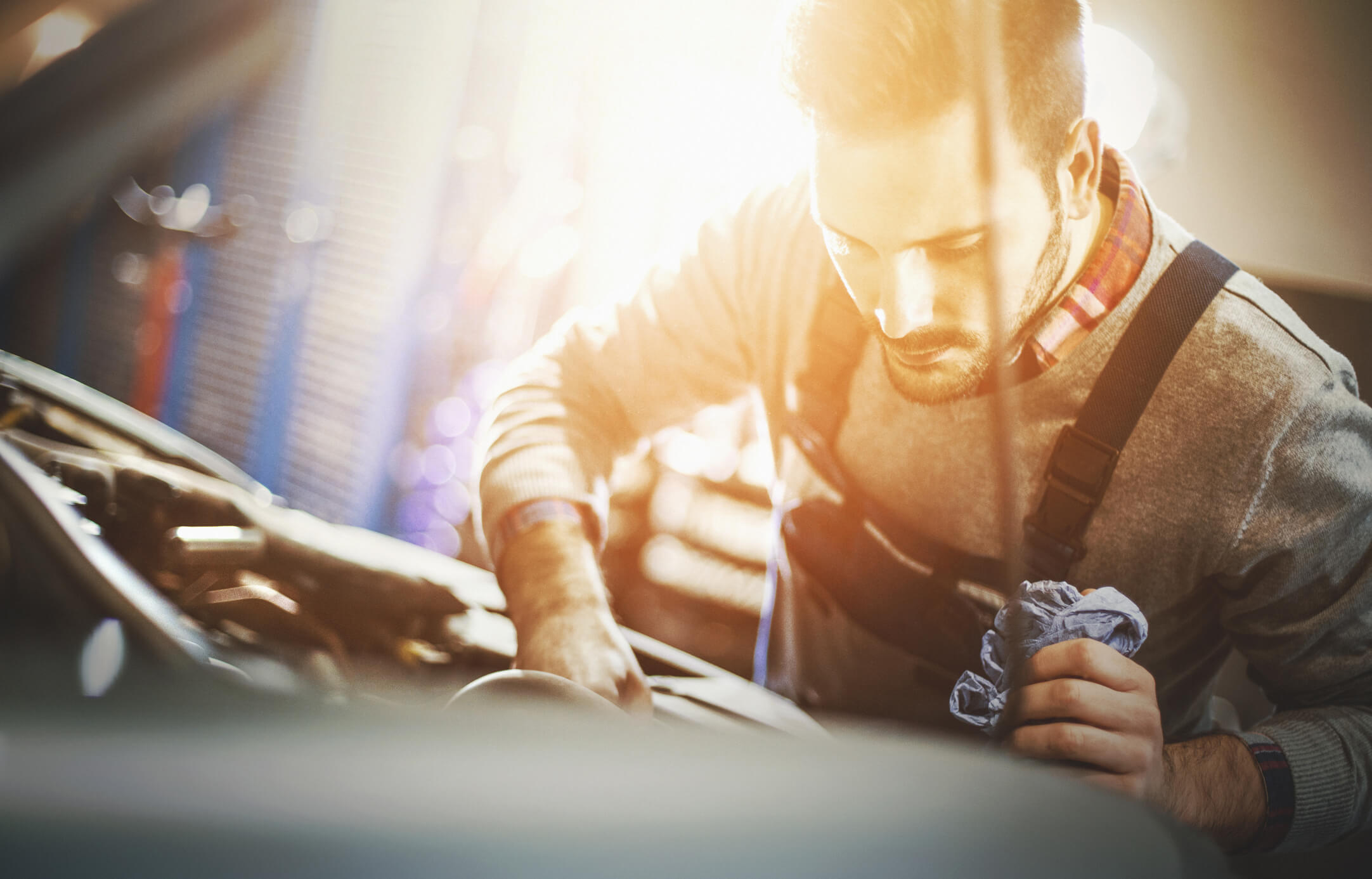Change Your Oil and Check Your Fluids
Fluids are what keep your vehicle running. They are needed to carry out all of the processes that combine to allow your car to run smoothly and efficiently. You can think of these fluids like water for the human body. Necessary for function, and if left untended or ignored, the results can be devastating.
Consistent maintenance is what keeps a vehicle performing at its optimal level. Just like your own body, without regular maintenance some serious problems will start to develop. Some of which are irreversible.
There are some fluids that are critical for your car’s operation, and they need to be tended to on a consistent basis to avoid massive mechanic bills, or a complete vehicular break down.
Some examples of these crucial fluids are:
- Oil
- Coolants
- Transmission fluid
- Brake fluid
Oil
Oil is the most essential fluid to your vehicle’s performance. It is definitely the most recognized of all vehicular fluids, and the one that requires the most attention. Oil is what keeps the moving parts in your engine lubricated, so they are able to operate without friction.
Without it, the metal components in your engine would constantly be scraping against each other, causing the engine to overheat and eventually seize up.
This is why your oil needs to be changed regularly. Old oil gets dirty and viscous, failing to protect your engine from getting too hot and component damage. Over time dirt and debris accumulate in the oil, compromising its effectiveness and performance. If left too long, it can begin to turn into sludge which can result in permanent damage and potentially having to replace the engine.
The general consensus is that oil should be changed every 5000 kms or so, depending on driving conditions. If driving in extreme conditions on a regular basis, it is suggested to have more frequent oil changes. Consult your car owner’s manual more specific maintenance schedules and advice.
Coolants
Several coolants are used to help regulate running temperatures. They are helpful to prevent overheating in the hot weather, and to prevent the engine from freezing and seizing up in cold temperatures. Examples of coolants are anti-freeze, radiator fluid, and air conditioning coolant.
All coolants should be kept and regulated levels for optimal performance.
Transmission Fluid
The transmission fluid in your vehicle serves to keep the transmission lubricated, and your vehicle moving properly. It also acts as a coolant for the transmission.
Transmission fluid should be checked regularly for both quantity and quality. If levels are low, a top up may be needed to keep the transmission operating effectively. Also, if there is dirt and debris floating around in it, it is time to have the transmission fluid changed.
Brake Fluid
Similar to transmission fluid, brake fluid should also be checked consistently for quantity and quality. The brake fluid uses a pressurized system to add power to the act of braking. Insufficient levels or quality of the brake fluid may lead to less responsivity and slower stopping times.
Power Steering Fluid
This hydraulic fluid is used to make steering and handling and effortless process for drivers. It provides extra power on turns and other maneuvers. If you have ever driven a car without power steering, you can appreciate just how much force power steering fluid provides you with.
When fluid levels get low, or the fluid needs to be changed you will likely be able to tell by the sounds the car makes during turns, or the increasing effort you have to expend to make it happen.
Valvoline Express Care Brampton
For efficient and affordable oil changes and regular coolant inspection, Valvoline Express Care Brampton is your one stop solution.
With over 20 years experience in the automotive industry, the expert technicians at Valvoline can provide your vehicle with all the maintenance it needs to continue running at an optimal level.



